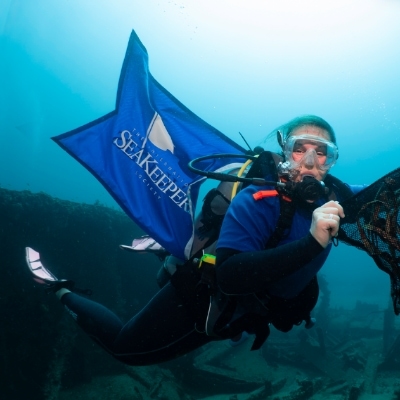Coral Genetics and Connectivity Across French Polynesia
Project Overview:
Dr. Scott Burgess has been working on coral genetics in Moorea, French Polynesia, for 10 years. During that time, he discovered a new species of coral. Goals for this research trip are to sample corals for genetic analysis to understand how widespread this new species of coral is (at what other islands does it occur), how ‘connected’ the coral populations at Moorea are to coral populations on other islands and if cryptic coral species have the same ecological niches at different islands with different environments. Overall, the goal of their research is to provide robust science needed to manage, protect, and restore corals in French Polynesia and beyond.
Program Partners
- Florida State University
Location
- Anywhere in French Polynesia (except Moorea), such as Rangiroa (Palliser Islands), Gambier Islands, or Marquesas Islands
Expected Time Frame
- May - August 2027
Duration of Expedition
- 5-7 days, open to longer
Accommodation Needed
- 3 to 4 Researchers
Special Equipment Needed
- Swim platform (hydraulic or stationary) or easy access to water, access to tender or smaller vessel, compressor (for scuba diving)
Expedition parameters listed above are flexible and negotiable.
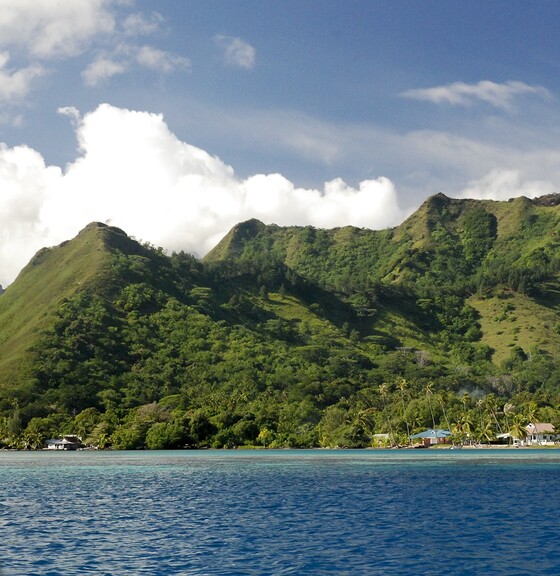
Background:
Dr. Scott Burgess has been working on coral genetics in Moorea, French Polynesia, for 10 years. During that time, he has discovered a new species of coral and identified ‘cryptic species’ of coral, which are corals that look the same but in fact are genetically distinct species. Their previous work has discovered that some cryptic species bleached and died during the 2019 heatwave at Moorea, while other species did not bleach and survived. They have also discovered that cryptic species have very different niches among the different habitats within Moorea. Together, their results show which species are more susceptible to climate change than other species, and the possible genetic underpinnings of adaptation to climate change.
Mission:
The goal of their research is to provide robust science needed to manage, protect, and restore corals in French Polynesia and beyond.
Applications:
For this research trip they plan to sample corals for genetic analysis to understand: 1) how widespread is this new species of coral (at what other islands does it occur); 2) how ‘connected’ the coral populations at Moorea are to coral populations on other islands (how populations on different islands exchange offspring over several generations); 3) if cryptic coral species have the same ecological niches at different islands with different environments.
Program Partners:
Get Involved
If you’re interested in learning more about this specific program opportunity, please reach out to our team below to find out more about this program or get involved in other opportunities with SeaKeepers.
Explore More Opportunities
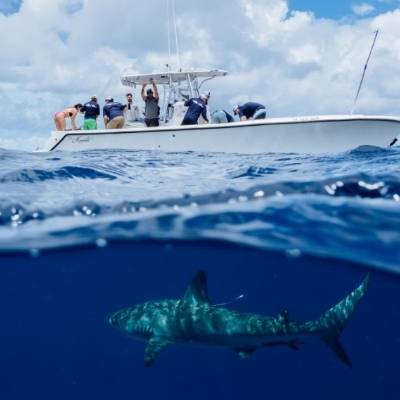
At-Sea Opportunities
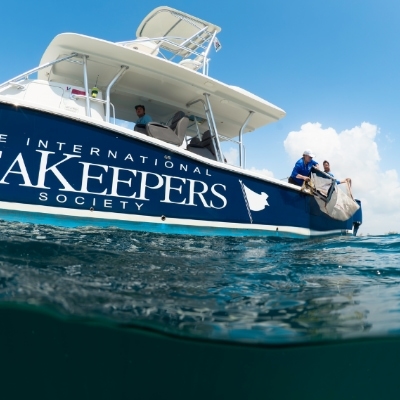
Citizen Science Opportunities
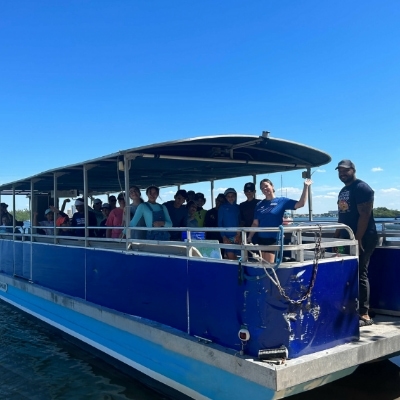
Education Opportunities
